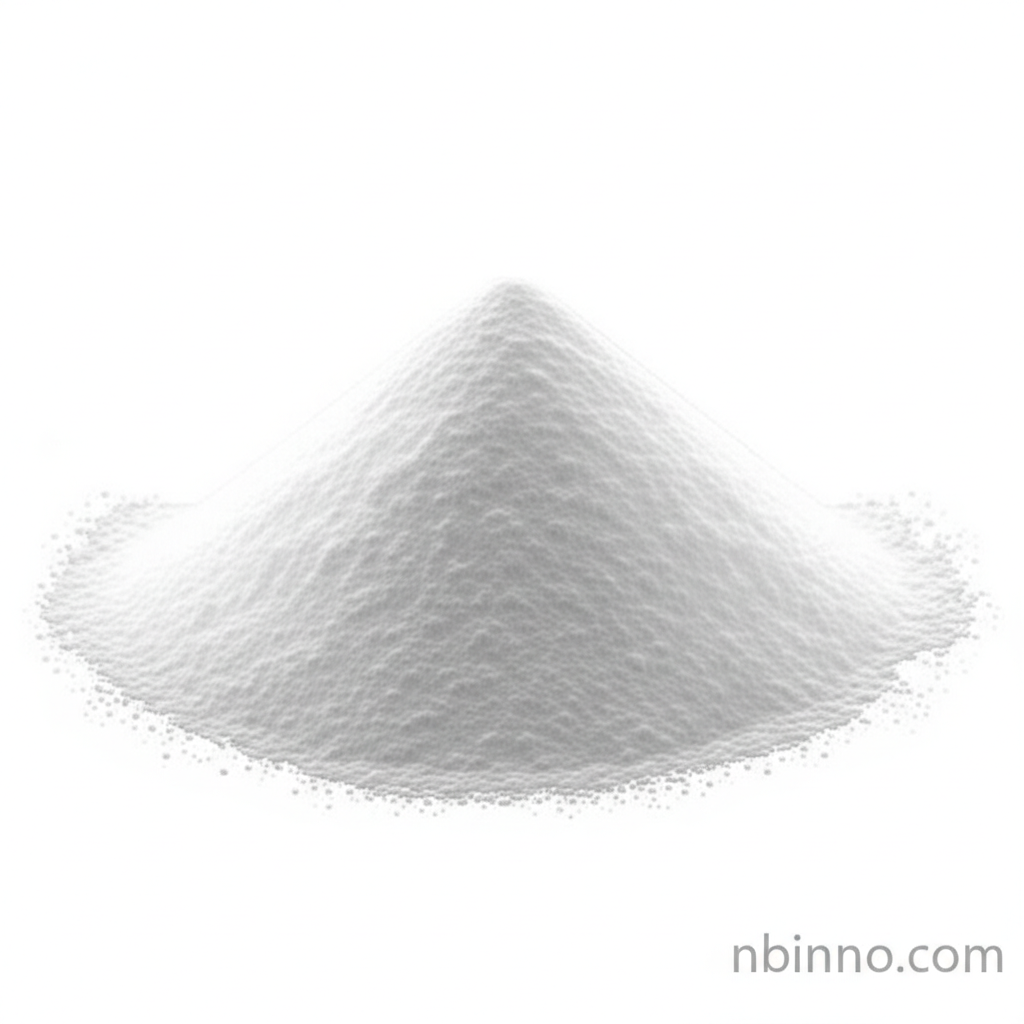Ethylenediaminetetraacetic Acid (EDTA): A Comprehensive Guide to its Properties and Industrial Applications
Discover the versatile power of EDTA, a vital chelating agent revolutionizing industries from water treatment to pharmaceuticals.
Get a Quote & SampleProduct Core Value

Ethylenediaminetetraacetic Acid
Ethylenediaminetetraacetic acid (EDTA) is a highly effective chelating agent, renowned for its ability to bind strongly with metal ions. This property makes it indispensable across a wide spectrum of industrial and commercial applications. From purifying water by sequestering heavy metals to stabilizing pharmaceutical formulations, EDTA ensures product efficacy and longevity.
- Discover the essential uses of EDTA in various sectors, understanding its role as a chelating agent.
- Explore the critical EDTA applications in water treatment, where it effectively removes contaminants for safer water.
- Learn about the significant impact of EDTA in pharmaceuticals, including its use in treating lead poisoning and Wilson's disease.
- Understand how EDTA in agriculture fertilizers enhances nutrient uptake, promoting robust plant growth and yield.
Benefits Driven by the Product
Superior Metal Ion Sequestration
EDTA's exceptional ability to bind with metal ions significantly improves water quality by removing harmful elements, a key aspect of EDTA applications in water treatment.
Enhanced Product Stability
In cosmetics and pharmaceuticals, EDTA acts as a stabilizer, preventing degradation and extending the shelf life of products, crucial for brands focusing on quality assurance.
Improved Industrial Processes
From the pulp and paper industry to detergents, EDTA contributes to process efficiency by inactivating metal ions that can interfere with operations, a core benefit of EDTA for industrial cleaning.
Key Applications
Water and Wastewater Treatment
EDTA is pivotal in neutralizing toxic metal ions like lead, cadmium, and mercury, making water safe for consumption and industrial reuse through advanced EDTA applications in water treatment.
Pharmaceutical Industry
Used to treat heavy metal poisoning, like lead poisoning, and conditions such as Wilson's disease, EDTA is a vital component in medical treatments, showcasing its importance in EDTA in pharmaceuticals.
Cosmetics and Personal Care
EDTA enhances the effectiveness and stability of shampoos, soaps, and lotions by preventing spoilage and inhibiting microbial growth, a key function within EDTA in cosmetics.
Agriculture
As a fertilizer component, EDTA improves the availability of essential micronutrients to plants, boosting growth and resilience, demonstrating the value of EDTA in agriculture fertilizers.
